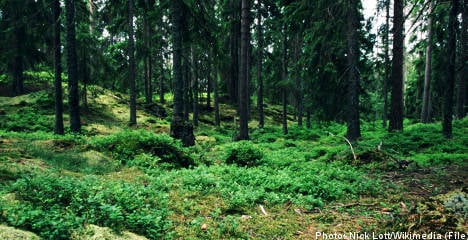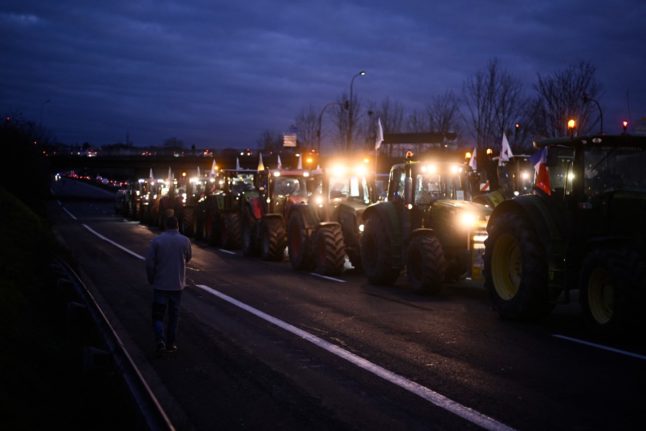According to the Federation of Swedish Farmers (Lantbrukarnas riksförbund – LRF), Swedish forests and fields are in danger of being overexploited by different companies.
“It’s one thing if you are an individual out in the forest picking blueberries, but if you are part of a huge group who is also camping in the forest and that is part of a commercial enterprise, that is something else,” LRF spokesperson Anders Holmestig told The Local.
Holmestig explained that “commercial pressures” have become too great for some lands in parts of Sweden, especially those near larger cities.
The association now wants to make changes to Swedish environmental laws to stop commercial activities justified by relying on Sweden’s right of public access.
Referred to the Swedish Environmental Protection Agency (Naturvårdsverket) as a “national symbol,” allemansrätten — literally translated to “everyman’s right” – is enshrined in the Swedish constitution and has roots in political customs dating back to medieval times.
However, it is not regulated by any specific law or statute.
The right of public access is a well-established custom designed to ensure that individuals right to visit the country’s vast natural expanses, regardless of whether or not the land is privately owned.
“According to the right of public access, people can spend time on the land as long as they don’t do any harm,” Holmestig said.
He added that many of the areas used by berry picking companies and tourist operations are in fact owned by members of the farmers association who nevertheless provide access to their land free of charge in accordance with the right of public access, despite the wear and tear which can occur.
Holmestig emphasised that the farmers’ association simply wants to re-examine the scope of the right of public access with an eye toward limiting commercial activities.
“We don’t want to take people’s right to visit the forest away,” he said.
“But if it involves larger commercial activities, we think that, at the very least, landowners should be consulted ahead of time.”
Speaking with Sveriges Radio (SR), LRF general counsel Fredrik Bonde said the organisation hoped to have language inserted into Swedish environmental laws that would prohibit commercial activities that rely on the right of public access.
He added, however, that the process would likely take at least two to three years.



 Please whitelist us to continue reading.
Please whitelist us to continue reading.
Member comments